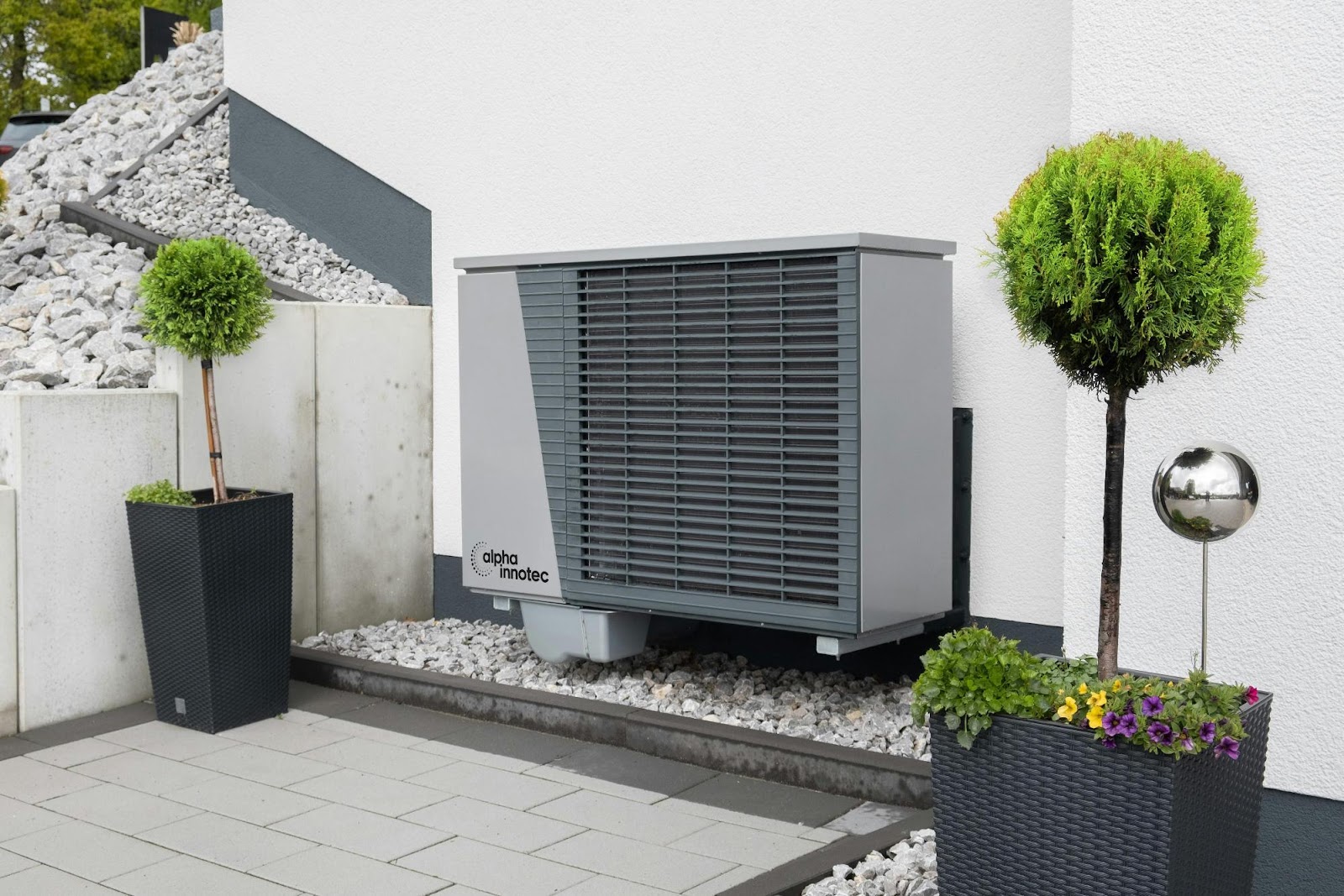You’re going to require tools if you’re starting as an HVAC service professional. If you are working as a HVAC maintenance team member, you should have the essential tools, such as a reciprocating saw, cordless drill, vacuum pump, refrigerant recovery machine, refrigerant scales, and leak detectors.
On a service technician’s truck, these are commonplace items. On the other hand, technicians are expected to buy a set of essential hand tools and a few extras. However, if your tools are broken or damaged on the job, most companies will replace them or reimburse you.
HVAC service or new air conditioning or heating system installation for residential and commercial clients necessitates a qualified team with access to the necessary HVAC tools and equipment.
Some firms need HVAC technicians to bring a few of their own tools to the job, while others provide all of the necessary equipment to perform more significant jobs.
We’ve compiled a list of tools that HVAC professionals and other home service specialists recommend. Hand tools, power tools, specialty tools, and business tools are all recommend
Table of Contents
Must-Have HVAC Handy Tools
Heavy-duty tools for daily usage on the job site are listed below. Other HVAC technicians have given their recommendations for sturdy, feature-rich hand tools.
1) Screwdrivers
Keep a variety of screwdrivers in your toolbox, a fundamental and essential HVAC tool, to be ready for any size screw. A multi-purpose screwdriver with at least a Phillips-head and a flathead bit in sizes 1 and 2 are essential.
A wide range of screwdriver bit sizes, on the other hand, is frequently helpful. This is a necessary tool for torching, as it is needed to open and stop refrigeration valves on compressors and settling tanks.
2) Hammer
A standard-size hammer can be used for a range of HVAC chores. To minimize weighing down their tool belt or bag, technicians frequently prefer a lightweight hammer with a gripping substance and robust fiberglass characteristics. You’ll need one, but it doesn’t matter what kind. It’s OK to use a light version.
3) Pliers
With a comprehensive set of pliers, you should be able to handle most sizes of wires, bolts, and pipes. Pliers in various sizes, small, medium, large, and needle-nose, are required. For further durability and lifespan, we recommend purchasing an insulated pair of pliers.
HVAC professionals work with various wire sizes that bend, adjust, and cut with pliers. Needle nose pliers are very handy for jobs like this.
4) Flashlight
To accurately analyze the heating or air conditioning issue, HVAC service technicians always require a good flashlight. Headlamps are also helpful in keeping your technicians’ hands-free when operating in dimly lit areas.
5) Metal Cutters
Metal and tubing cutters are helpful HVAC tools for cutting through a variety of materials. At the outset of your HVAC career, we recommend starting with a smaller set of cutters, such as quarter-inch or half-inch cutters, then gradually expanding to a more extensive set as you gain experience and handle more tasks.
6) Drill Bits
Your service technicians will be more versatile and efficient with a cordless, battery-powered drill. Maintain a charging battery in your toolkit to ensure that your technicians never run out of drill power on the job. A drill with at least 24 volts and a variety of bits are recommended.
7) Refrigeration Gauges
Refrigeration gauges are a must-have for your service technicians when it comes to air conditioning tools. They employ gauges to determine the pressures of various types of refrigerants and whether or not there is a leak in the system. As your career evolves, you may require multiple sets of gauges.
8) HVAC Advanced Tools For Professional
These HVAC tools are more complicated and pricier, but they are still instrumental. These advanced tools are often provided by HVAC businesses to assist their customers in keeping their HVAC systems in good working order.
9) Multimeter
This is a voltage tester used to troubleshoot the system’s electronic components. Make sure you purchase a version that is tailored to HVAC technicians. The meter will display a temperature bulb symbol. A thermocouple, an air temperature sensor that straps onto a pipe and amp probes for reading amps on a motor will also include.
10) Digital Gauges
Purchase a digital version rather than an analog one. The digital versions are more expensive, but they are well worth it because they handle all the math for you. This not only saves you time but also eliminates the possibility of errors caused by human computations.
Simply attach your gauges, clamps, and temperature sensors, and the screen displays all of the data you require. Depending on the readings, some models will even offer troubleshooting advice. Some of them connect to apps on your phone, allowing you to view what’s happening with the system.
11) Fin Straightener
When air conditioner condenser coils become unclean, clogged, or twisted, a coil fin straightener aids in the removal of debris. Service technicians use this air conditioning tool to straighten and clean coils to increase heat exchange and air movement. These air conditioning tools are both affordable and practical.
12) Thermometer
In the HVAC industry, temperature management is crucial. To comply with your state’s standards and provide excellent customer service, invest in a portable, practical, long-lasting digital thermometer.
However, HVAC systems are not typically built with maintenance in mind. Filters can be difficult to find at times. This tool features a telescoping handle that extends your reach and a hook that allows you to grab and pull the filter towards you effortlessly.
Final Verdict
In short, all the mentioned above handy and professional HVAC tools are essential for all the technicians dealing with the cooling or heating systems. However, for everyday usage or purposes, you don’t need to buy professional tools.
The reason is that an average individual doesn’t know how to use professional tools accurately. So, it will be a waste of money and time. Let the experts handle the HVAC systems for the technical concerns and issues.





